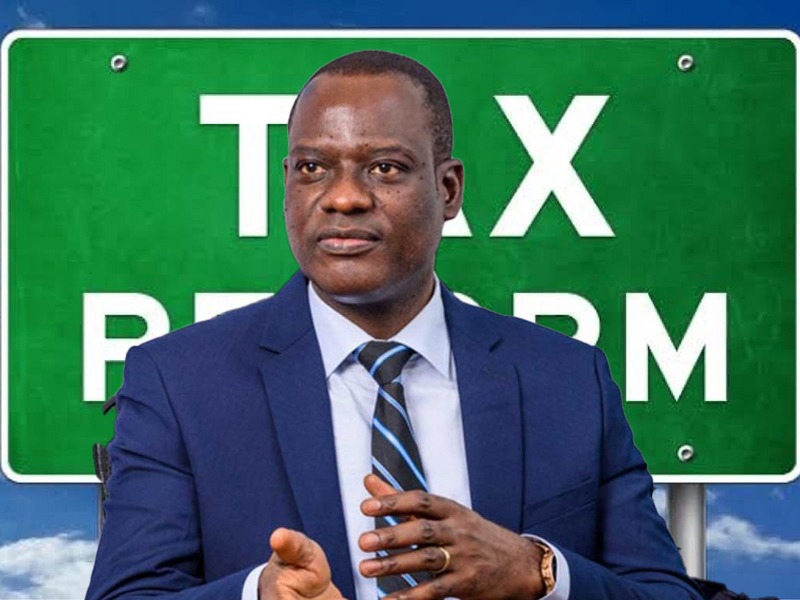Chairman of the Presidential Committee on Tax Policy and Fiscal Reforms, Taiwo Oyedele, has revealed that the National Assembly would enact the contentious tax reform bills into law by the first quarter of 2025.
Speaking during The Platform, a developmental event hosted by The Covenant Nation, Oyedele confirmed that the implementation of the tax reforms would commence in July 2025.
The bills, suspended last year, are set to undergo further deliberations as the National Assembly resumes.
President Bola Tinubu had initially submitted four tax reform bills for consideration on October 13, 2024. Despite facing criticism—particularly from those who claim the reforms are unfavourable to northern interests—the Nigerian Governors Forum (NGF) endorsed the bills last week and proposed a more equitable VAT-sharing formula.
READ ALSO: How tax reforms will benefit Nigerians, SMEs
“We expect the tax reforms to be approved before the end of Q1 2025. This will allow taxpayers time to build capacity and prepare for implementation by July 1,” Oyedele stated.
He also defended the removal of fuel subsidies, describing it as the most sustainable choice for Nigeria.

According to Oyedele, the subsidy was a drain on the nation’s economy and unsustainable in the long term.
“Subsidy removal was necessary. For years, we lived in a false economic reality. Two years ago, the naira exchange rate was N450 officially, but was it really N450? Petrol was sold at under N200 per litre, but was that the true cost? The economy was being propped up artificially,” he explained.
Oyedele compared Nigeria’s situation to countries like Sri Lanka and Venezuela, warning that a similar economic collapse was imminent before subsidy removal.
He lamented that the country was using nearly all its revenue to service foreign debts without repaying them, forcing the government to rely on high-interest loans to fund basic needs like salaries and security.
READ ALSO: NLC calls for tax bills withdrawal
“Our GDP growth over the past decade has been dismal—less than 10%. In real terms, it’s been negative. Before subsidy removal, Nigeria’s entire revenue was consumed by debt servicing. We were borrowing to run the economy,” he noted.
Oyedele expressed optimism that President Tinubu’s economic reforms, including the tax reforms, would steer Nigeria toward sustainable growth.